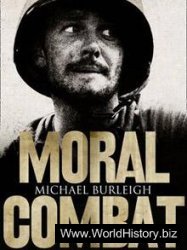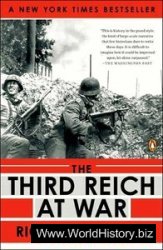The last FA Cup Final of tlie decade provided a goal flurry in the dying minutes. Arsenal, with Liam Brady in imperious form, took a 2-0 lead over Manchester United and seemed to be coasting to victory. Some United fans were already making their way to the exits when goals from McQueen and Mcllroy, in the 86 th and 88 th minutes, levelled the match. Man-of-the-match Brady had the final word, setting up the move which ended with Alan Sunderland scoring from a Graham Rix cross.
Liverpool domination set to continue
The 1979 FA Cup Final was refresliing in that it was untypical of the trend, which was for scoring fewer goals and conceding fewer. The decade’s champions had, on average, scored 69.9 goals and let in 32.2. In the 1960s the average had been 87.3 and 45.7; in the 1950s it was 92.4 and 51.2. In 1961 -62 Ipswich conceded 67 goals on their way to the title, which compared favourably with the number of goals scored by championship-winning sides of the 19 70s. The new orthodoxy was getting men behind the ball, denying the opposition space and protecting leads.
15 of the 60 teams that had made it to the finals of the three European competitions over the decade were English, and ten of those had been successful. Liverpool had led die charge, and the Anfield juggernaut showed every sign of rolling on into the 1980s.

Above: Argentinian international, Osvaldo ‘Oss/e’ Ardiles pictured in his Tottenham shirt soon after he, and international team-mate, Ricky Villa, joined Spurs. The signing of the two stars of the 1978 World Cup was a coup for Spurs manager, Keith Burkinshaw.
In the 1980s Liverpool continued their stranglehold on the English game, their level of performance and trophy haul enduring a number of personnel changes, including two at managerial level. By the middle of the decade it was Everton who posed the greatest threat, and their two championships meant that only twice in the decade did the title leave Merseyside.

Above: Joe Jordan of Scotland and England's Dave Watson battle for the ball at Wembley.
Opposite:Goalkeeper Peter Shilton of Nottingham Forest punches the ball clear of the goal as Arsenal attack. Arsenal won the match 1-0, but Forest were in fine form in 1980 and were to faeot SV Hamburg in the European Cup Final.
Heysel, Hillsborough and Bradford
If the city of Liverpool basked in the glory of being footballing top dogs, it also suffered two horrific tragedies. A total of 135 people lost their lives in the Heysel and Hillsborough disasters. On 11 May 1985, less than three weeks before the Heysel tragedy, Bradford entertained Lincoln City in their last match of the season. It should have been a joyous occasion, Bradford celebrating promotion to Division Two as champions. A discarded cigarette set the wooden stand ablaze and 56 died in the inferno. These three events put the game into its proper perspective. Liverpool boss Kenny Dalglish declared that football was “irrelevant” as the city struggled to come to terms with the tragic events at Hillsborough. These disasters also led the game’s administrators to realise that fencing in spectators may have prevented pitch invasions, but it also prevented fans from escaping life-threatening situations.




 World History
World History









